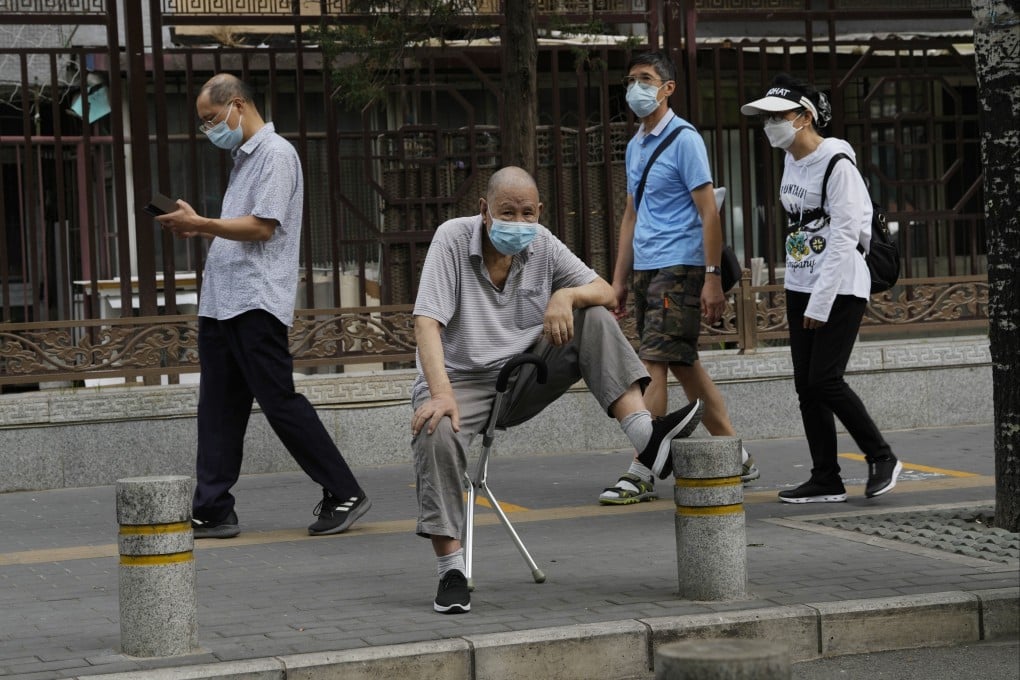Chinese at retirement age are looking to rejoin the workforce, but are there enough jobs?
- Some 68 per cent of older people say they have a strong desire to be employed after retirement age, according to a survey by 51 jobs
- Chinese seniors may soon be competing in a job market that is already struggling to cater for tens of millions of university graduates

More than two thirds of Chinese at retirement age are keen to re-enter the workforce, a new survey shows, adding another potential stressor on the country’s strained job market.
Whether out of financial necessity or a need to stay busy, 68 per cent of older people said they had a strong desire to be employed after retirement age, according to a report released on Monday by Chinese recruitment platform 51 jobs.
According to the survey, more than 30 per cent of older Chinese want work to supplement household income, while 46.7 per cent said continued employment would help them cater to their “spiritual needs” by fulfilling social responsibilities.
Some 18.3 per cent said they were looking for work to ease pressure on their family’s next generation.